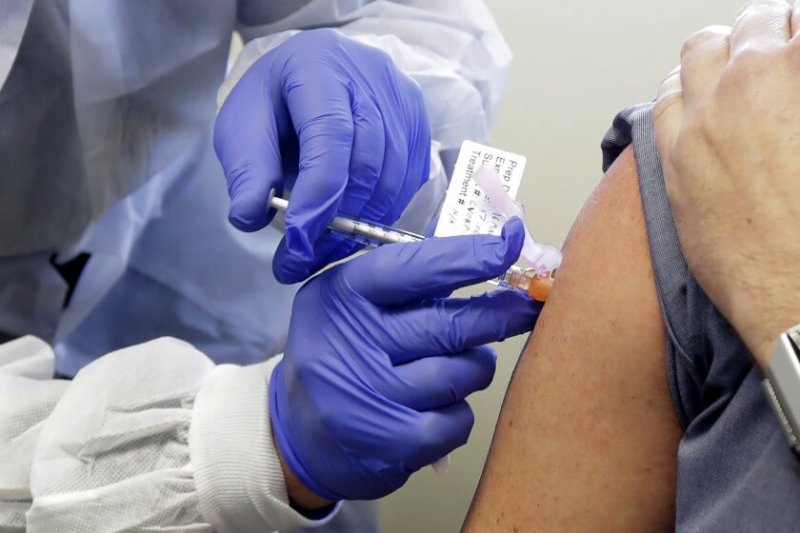…
The trouble — at least where public perception is concerned — may begin with the vexing terms “synthetic” and “modified.” Consumers draw strong distinctions between natural and artificial. This is most obvious in the food industry, where non-GMO and natural branding command outsize influence. Overcoming the stigma of “artificial” or “synthetic” is also proving to be a problem for so-called “cultured” meat. Yet rejection of high-tech foods is a symptom of a broader preference for the natural and fear of the “unnatural,” which has featured in historical objections to everything from in vitro fertilization to cloning animals.
Troublingly, the natural/unnatural binary is a powerful paradigm for parents who reject some or all vaccines.
…
Vaccine development ought to be conducted with the continual feedback of laypeople, upon whose willingness to vaccinate our general health depends. That means anticipating new concerns and empowering the public by soliciting their input on how to communicate about them.































